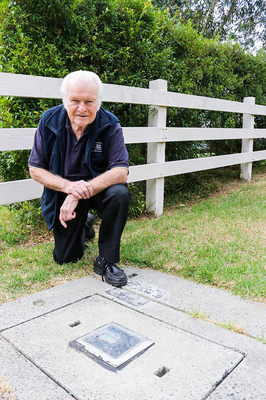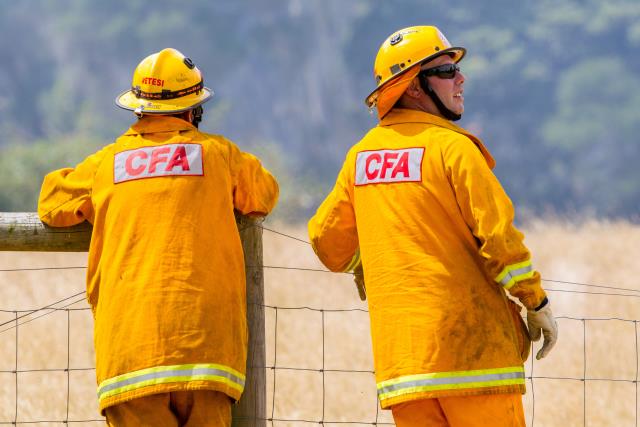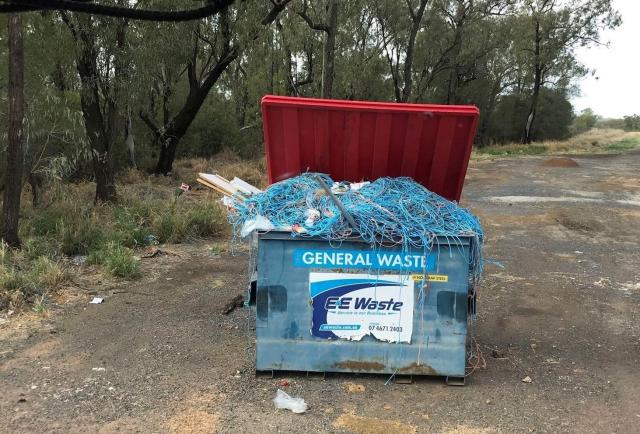By Peter Douglas
Yarra Ranges Council is trialling newly developed ‘smart drain’ technology, which is designed to significantly reduce the likelihood of flooding from overflows within the municipality.
In a first not just for the region, but Australia-wide, the trial has taken place in Fernhill Rd, Mount Evelyn.
The technology uses sonar and camera sensors to monitor water-levels and flow-rates from within roadside stormwater drains.
The smart drains initiative also uses software that provides a dashboard view of the data, which offers a real-time view of the drain infrastructure.
The objective is to provide immediate alerts so blockages can be addressed before inundation occurs.
Yarra Ranges Mayor, Cr Len Cox, said the technology had huge potential within the flood-prone shire.
“Many of our stormwater pits, especially those in flood-prone areas, could be checked daily or several times per day,” Cr Cox said.
“This technology informs us quickly that there is a blockage, so we can send someone there immediately and have it removed and cleaned before further flooding and complications arise.
“We are proud to be trailing this in the Yarra Ranges as an Australian first and, if the results are positive, we hope it can be adopted throughout the municipality.”
Yarra Ranges Council faces numerous local flood-management and drainage challenges, with more than 4900 properties known to be at risk of flooding from waterways or underground drains.
Adding to these challenges are long-term future pressures on the existing drainage system associated with urban consolidation and an increase in rainfall intensity, with about 7% of properties within the Yarra Ranges Council being prone to flooding.
Director of Environment and Engineering, Mark Varmalis, said the technology has been trialled in Fernhill Rd, Mount Evelyn, because this area has a variety of stormwater drainage pits.
“The trial has taken place at 12 pit locations so far, with about 15,000 pits in roads throughout the Yarra Ranges,” he said.
“Council is about to extend the trial to test the technology in some gross pollutant traps.
“Gross pollutant traps are large stormwater pits that collect debris such as plastic bottles and other matter and stop them from entering waterways.
“The trial in the Fernhill Road area have produced very favourable results so far.”
Mr Varmalis said it is unlikely council would use the technology in every pit because not all of them have a history of blockages.
Council would assess the areas where regular issues occur to determine a priority list and then seek funding to roll the technology out to these areas.
The technology itself has been created after collaboration between companies Downer, Fujitsu and EYEfi.
One of their primary aims is to negate the need for manual drain inspections and enable swift deployment of response and maintenance teams.







